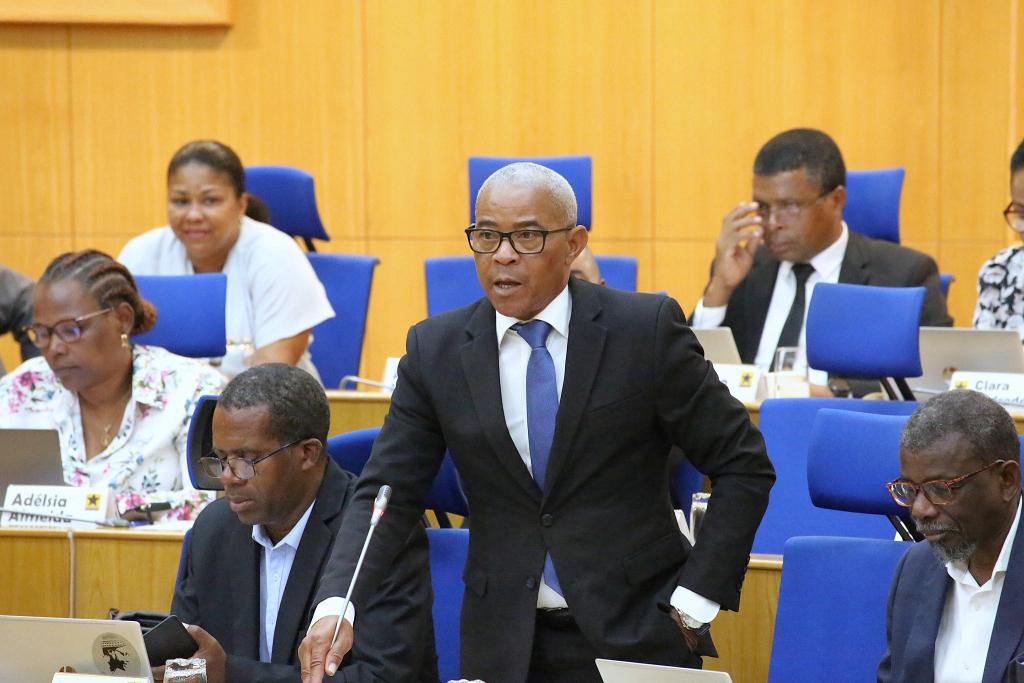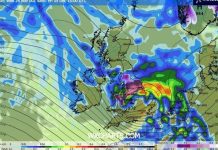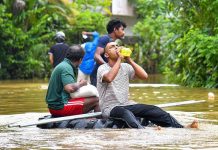Africa-Press – Cape verde. The PAICV Parliamentary Group states that it will confront the Government, after two terms in office, with the country’s situation and the living conditions of Cape Verdeans, the commitments made, the propaganda disseminated, and the expenditures made with public resources. The Party will question the Government about the situation of income, transportation, health, water, and security during the 2nd Plenary Session of July, which will begin tomorrow, the 29th, and run until Thursday, July 31st.
This session marks the end of the parliamentary year, with the debate on the State of the Nation as one of its highlights.
The intention is, “in fact, to ask whether the Prime Minister and the MpD consider that Cape Verde, at this moment, is better off than in 2015,” explained the leader of the PAICV parliamentary group, João Baptista Pereira.
Regarding income, the representative recalled that the government had promised to double Cape Verdeans’ incomes in two terms, through two structures, specifically committing to increase salaries and pensions by 1% per year. By this point, Cape Verdeans should be earning at least 10% or more of what they earned in 2015.
In the area of transportation, the PAICV pointed to the significant worsening of inter-island and international connections, highlighting that thousands of Cape Verdeans are currently experiencing difficulties traveling between islands. Examples of this are the cases of the population of Brava, stranded on the island, and the residents of Maio, forced to use boats to travel to Santiago.
He emphasized that the isolation situation also affects the national economy, hindering the integration of the internal market and the promised economic diversification, which remains focused on tourism on the islands of Sal, Boa Vista, and São Vicente.
For the party, the deterioration of transportation compromises the connection between agricultural production on islands like Santiago, Fogo, and Santo Antão and the main tourist markets, limiting the exploitation of the country’s economic potential.
“So, what kind of country did we have in 2015? And what kind of country will we have today, in 2025, in terms of transportation? What is the government’s view? Because whatever Cape Verdeans say, they all say that we are far, far, far worse off than we were in 2015,” stated João Baptista Pereira.
In the area of health, the deputy highlighted that the country is currently facing a critical situation, marked by structural and operational problems. Among the main constraints cited are the lack of adequate physical infrastructure, the lack of qualified human resources, the shortage of medicines, difficulties in medical evacuations, and endless waiting lists in hospitals.
He criticized the failure to implement the promised national referral hospital, which the government has announced several times, including with funding secured, but which remains unfulfilled.
“It’s strange that the government, today, is once again attempting to deceive Cape Verdeans by re-presenting this project, when in 2022 the Prime Minister admitted he had 7.2 million escudos in funding to build this hospital. Five years later, the same government, using PowerPoint, once again presented this hospital to Cape Verdeans,” he questioned.
The water situation in Cape Verde remains critical, with little progress in mobilizing new water resources, despite the government’s promises since 2017. The deputy emphasized that “water is agriculture, it is industry, therefore, water is life,” and that its mobilization is strategic for the country.
He criticized the government for announcing investments in desalination, but, eight years later, he questions whether any Cape Verdean can say that there is more water available today.
“The water that exists at the moment is what was mobilized up until 2015,” whether through drilling or surface retention infrastructure, such as dams that still hold water. “The MpD rejects this, but this reality cannot be hidden,” he stated.
Regarding security in Cape Verde, the deputy revealed that the situation is far from satisfactory, despite the promises made by the government in 2015, when Prime Minister Ulisses Correia e Silva announced a “zero tolerance” policy.
He highlighted that Cape Verdeans perceive growing insecurity, especially outside government circles that have personal security. Many citizens do not feel safe moving freely in Praia, Santiago, or the rest of the country.
The deputy also highlighted the growing distrust of the police, with fewer Cape Verdeans believing that the police force can solve their problems. As a result, many people fail to file complaints, which creates discrepancies in official statistics: while the police report a reduction in incidents, the Public Prosecutor’s Office announces the creation of a special team to combat the increase in crime, which has generated social disagreements in the region.was going and in São Vicente.
“Today, what Cape Verdean, other than those in the government, the MpD, who have personal security and can go out as they please, who has the courage to walk freely around this city of Praia or this Santiago Island, and then Cape Verde? No, because we know that security is in Cape Verde,” he stated.
The deputy concluded that the current government is at the end of its cycle and has nothing more to offer Cape Verde. Keeping this government in power would mean seeing the country go backwards, with everyone suffering the consequences.
“So, it’s a disappointment, it’s a disappointment. We need to restore confidence to Cape Verdeans and our youth, and with the utmost urgency,” he said.
For More News And Analysis About Cape verde Follow Africa-Press






